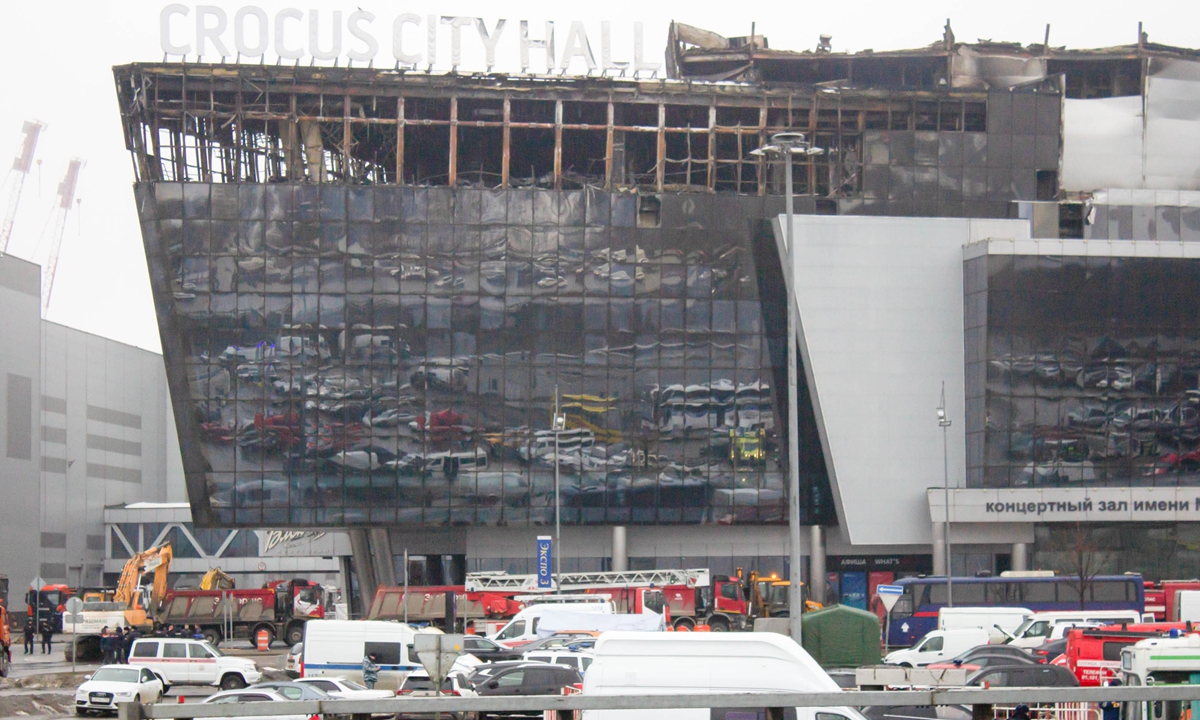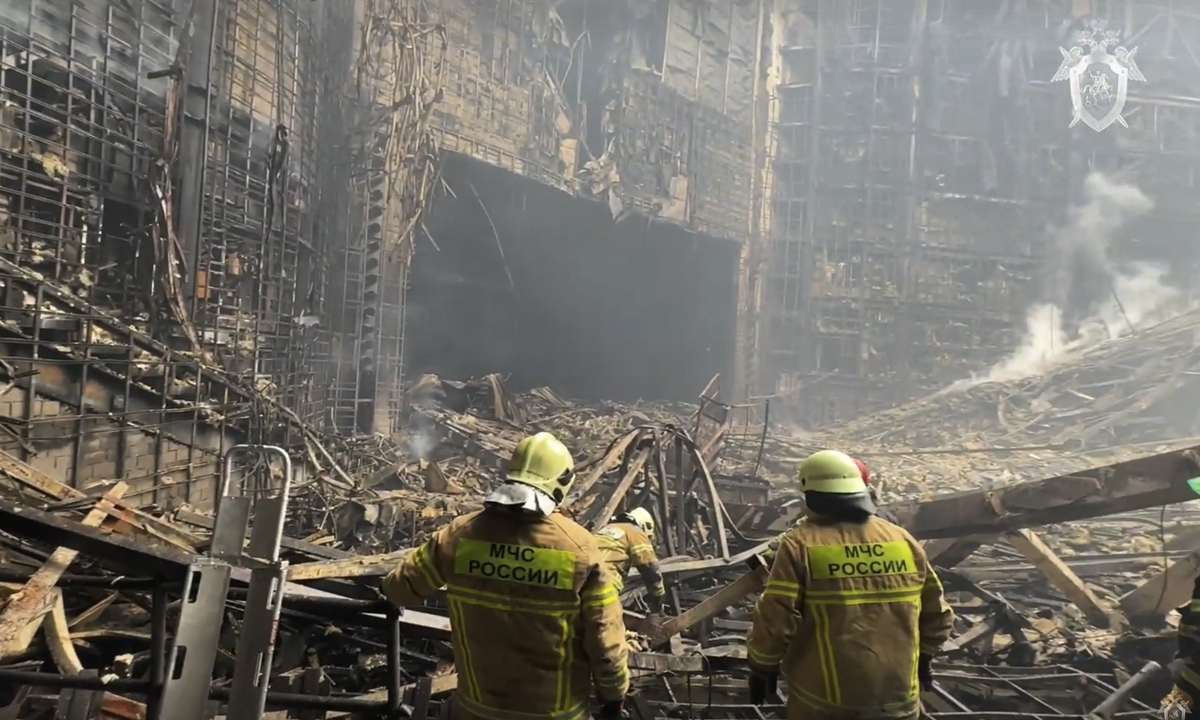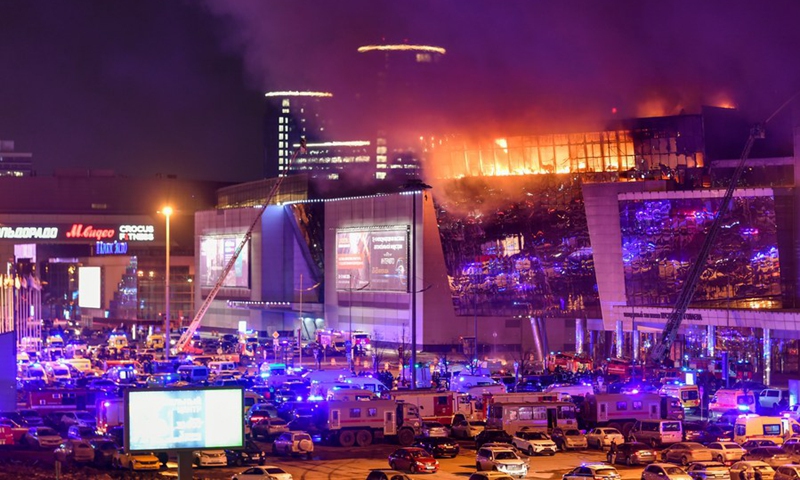Making every small issue a racial one and promoting divisiveness is not good for the country. Those who use politics of identity as a weapon must be stopped.
Strength in diversity: There are hundreds of thousands of flags that have been correctly put up across the country, including in Chinese new villages like the Bukit Merah New Village in Ipoh and tourist spots like the Kuala Lumpur Library (below). — RONNIE CHIN/FAIHAN GHANI/The StarMALAYSIA certainly deserves better as we celebrate 68 years of independence next week.
We remain stuck in the toxic politics of race and religion, with some politicians unable or unwilling to let go of these addictions.
Over the past one month, we have watched sadly deliberate provocations that keep race and religion at the heart of all political discourse.
It is not even subtle but an open incitement mainly aimed at winning the votes of the predominantly Malay audience.
For decades, political actors have skilfully used identity to entrench themselves in power, distract from governance failures, and stir emotional loyalty.
Today, the stakes are higher than ever because the Prime Minister leads a multiracial party, PKR, with the three main races represented in the top echelon. Unfortunately, though, it does not command the majority of seats in Parliament.
Datuk Seri Anwar Ibrahim is stuck in a difficult position of having to deal with partners in the unity government, which includes former opponents, some of whom have now started to test his leadership by taking shots at his government.
There is a general election in two years and these parties wish to remain relevant in the eyes of their members and voters.
There are Umno Youth leaders who have also crossed the red line with their constant intimidating postures and remarks.
The minority races, especially the Chinese and Indians, find these racial actions disturbing.
The series of incitements over upside down Jalur Gemilang in some shops, unfortunately owned by small-time Chinese traders, have marred this year’s celebrations.
Instead of advising these businessmen to put right the national flags, these people chose to confront them aggressively and angrily, to put up videos inviting racist comments, to lodge police reports, and stage protests.
This is not the first time that the Jalur Gemilang has been wrongly put up but this is probably the first time that we’re seeing such bullying tactics.
It is commendable that the Attorney General’s Chambers has warned Malaysians against vigilantism in cases involving the improper display of the Jalur Gemilang, amid the furore over Umno Youth’s protest in Kepala Batas, Penang, over the matter.
The AGC said vigilantism could include raiding premises, spreading personal details, or making unfounded accusations on social media.
The AGC also warned the public against provoking or issuing threats against the individuals or organisations concerned.
There are hundreds of thousands of flags that have been correctly put up across the country, including in Chinese new villages, Chinese associations, and Chinese vernacular schools, yet these political thugs chose to pick on a few wrong ones and amplify it to become an explosive issue.
It that were not enough, last week, we read of a Bersatu leader posting a “delayed” congratulatory post on the appointment of Comm Datuk M. Kumar as the director of Bukit Aman’s Criminal Investigation Department, saying “this shows that Malaysia has started to embrace the Malaysian Malaysia concept’’.
The politician also cited the promotion of Datuk Johnny Lim Eng Seng as a lieutenant general in the armed forces.
He claimed if the concept continued to be accepted by the government, Malaysia could soon have its first non-bumiputra Chief Justice, Armed Forces Chief and Inspector General of Police.
Anwar has rightly rebutted that, pointing out that the majority of high-ranking police officers are Malays, including the IGP, deputy IGP, and other directors of various departments.
Comm Kumar, who has an excellent track record, is just the CID chief and it is bewildering that he has been targeted.
How can we even encourage non-malays to join the armed forces and police if they perceive that they have few chances of being promoted to a senior post?
In June, a PAS grassroots leader also made a racist statement about the appointment of the three-star lieutenant general in a social media post, warning of “the political rise of the nation’s largest minority group”.
He also wrote in his Facebook posting of a hypothetical news story of Malaysia welcoming its first ethnic Chinese PM.
Both these small-time leaders have the same script and narrative, aimed at insinuating that the PM, the head of a multiracial party, is compromising with the other races.
Rather than fostering unity in a multiracial nation, identity politics has devolved into a toxic tool for populism.
Every minor issue – from music festivals to retail products – is now open to being framed as an attack on faith or culture.
What should be policy debates are routinely hijacked by identity-driven outrage. The real consequence? A shrinking space for reason and a deepening divide in our society.
Unfortunately, this reliance on racial and religious narratives comes at a high cost.
First, it undermines economic development. Malaysia continues to lag in innovation, regional competitiveness, and talent retention.
A system that prioritises ethnic patronage over meritocracy is simply unsustainable in a globalised world. This is 2025 and we are going to welcome 2026 in a few months but we are still stuck in pre-1957.
Second, it paralyses governance. While the rakyat struggle with rising living costs, declining education standards, and stagnant wages, political attention is disproportionately consumed by manufactured controversies over identity.
Something is hopelessly wrong when PAS’ Kuala Terengganu MP Datuk Ahmad Amzad Hashim was more interested in questioning the PM on his choice of batik when Anwar was presenting the 13th Malaysia Plan (13MP) in Parliament.
The MP posted a message on his Facebook page asking why Anwar chose to wear a batik shirt with an Indonesian design instead of Malaysian batik.
Then, with egg on his face, he had to apologise when it was pointed out by batik entrepreneurs that Anwar had indeed worn local batik attire.
We would have expected the PAS MP to post questions related to the 13MP as well as to make detailed proposals.
Instead, he was more interested in the PM’S shirt. Even if Anwar chose to wear something from Indonesia, should it be an issue?
Then there was PAS president Tan Sri Abdul Hadi Awang, the Marang MP, who implied that Kuala Lumpur’s problems were due to DAP and the unity government, reciting a poem in Malay containing the line: “KL is problematic due to DAP, Pakatan Harapan, and friends.’’
It is most unfortunate that taking simple, lazy political pot shots rather than pushing serious proposals backed with data has become a habit of these incompetent politicians.
Third, and perhaps most worrying, this reliance on racial and religious narratives erodes trust.
The constant emphasis on ethnic and religious differences chips away at the social fabric.
Interethnic solidarity – a strength Malaysia once celebrated – is being replaced with suspicion and withdrawal.
Malaysians are not asking for too much. We just want leaders who prioritise shared progress over communal fear, and a national conversation that values evidence over emotion, ideas over identity.
We need to discard the old narratives and old politicians. But our voices need to be louder so they can be heard. Do not be afraid of political bullies and racist politicians.
Racial division may still win elections, at least in the short term, but we must end it.
If Malaysia is to truly move forward, we must retire the politics of identity as a crutch for power.
Let race and religion be part of our Malaysian identity – but as something that unites us because of common values, not weapons in our politics.
By Wong CHUN WAI National Journalism Laureate Datuk Seri Wong Chun Wai is the chairman of Bernama. The views expressed here are solely the writer’s own.
Related posts:









